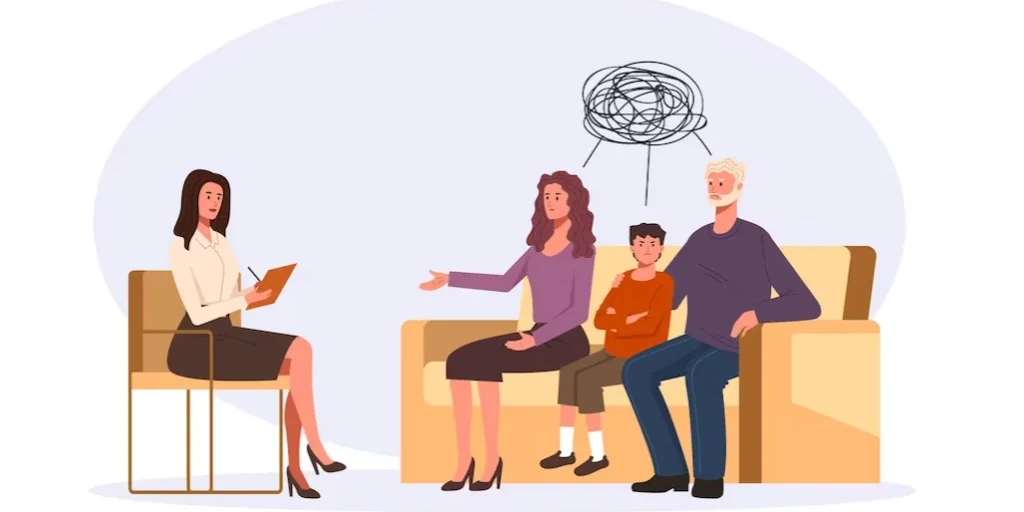24/7 Helpline:
(866) 899-111424/7 Helpline:
(866) 899-1114
Learn more about Bipolar Disorder Treatment centers in Lunenburg County
Bipolar Disorder Treatment in Other Counties

Three Rivers Treatment Center Academy
Three Rivers Treatment Center Academy is a private rehab located in Kenbridge, Virginia. Three River...















































































Other Categories
Other Insurance Options

Oxford

American Behavioral

BlueCross

United Health Care

AllWell

Group Health Incorporated

Optum

Aetna

EmblemHealth

Kaiser Permanente

Access to Recovery (ATR) Voucher

Molina Healthcare

Highmark

Meritain

Magellan Health

ComPsych

MVP Healthcare

Medical Mutual of Ohio

Premera

Ceridian